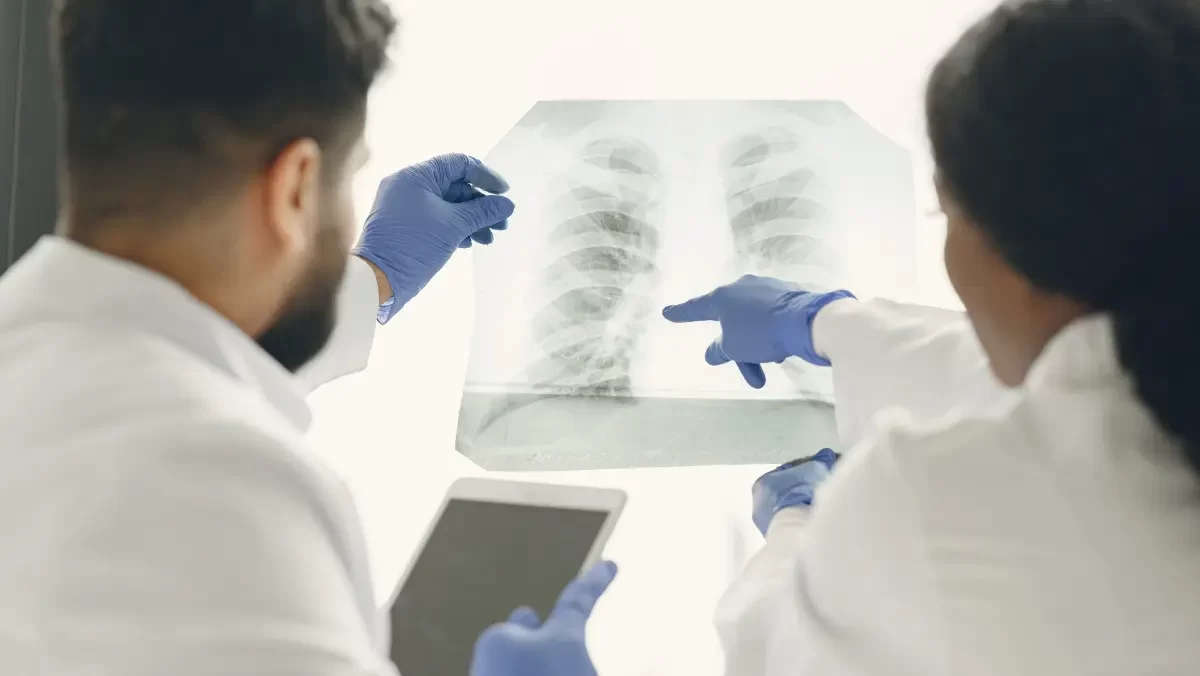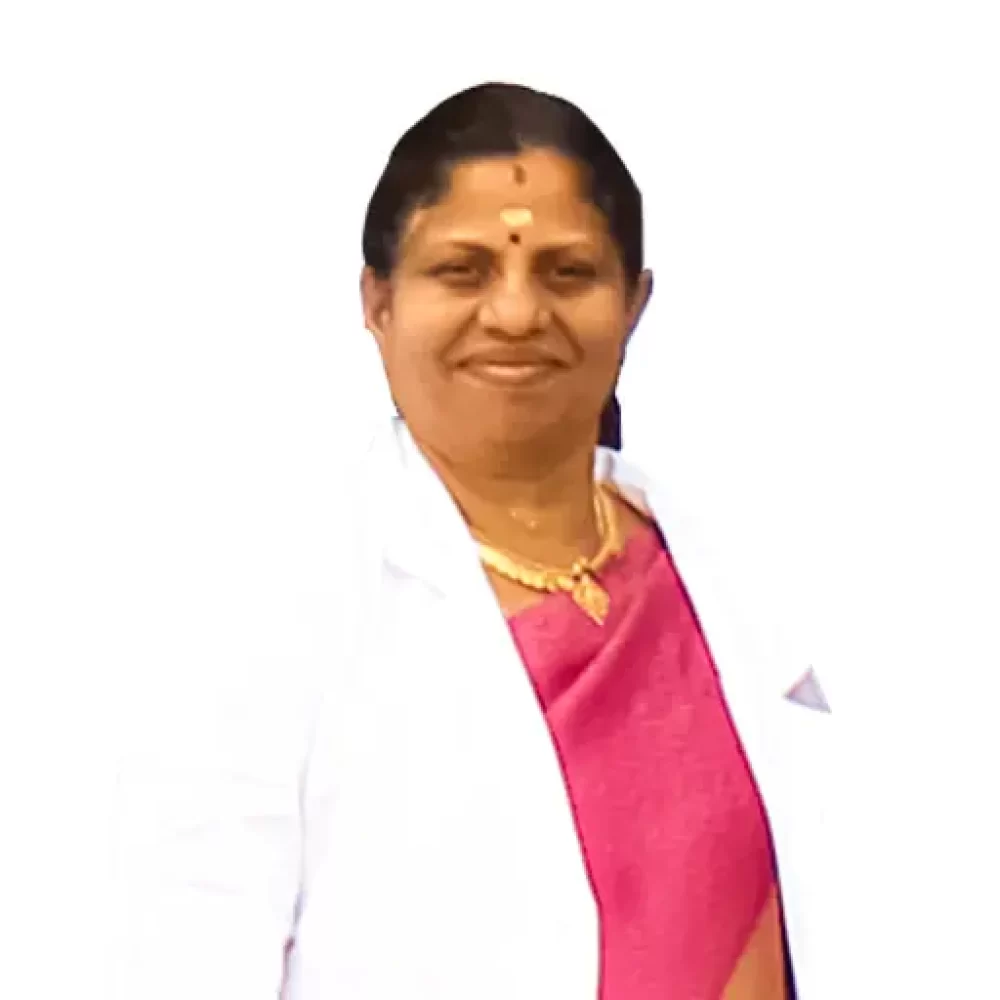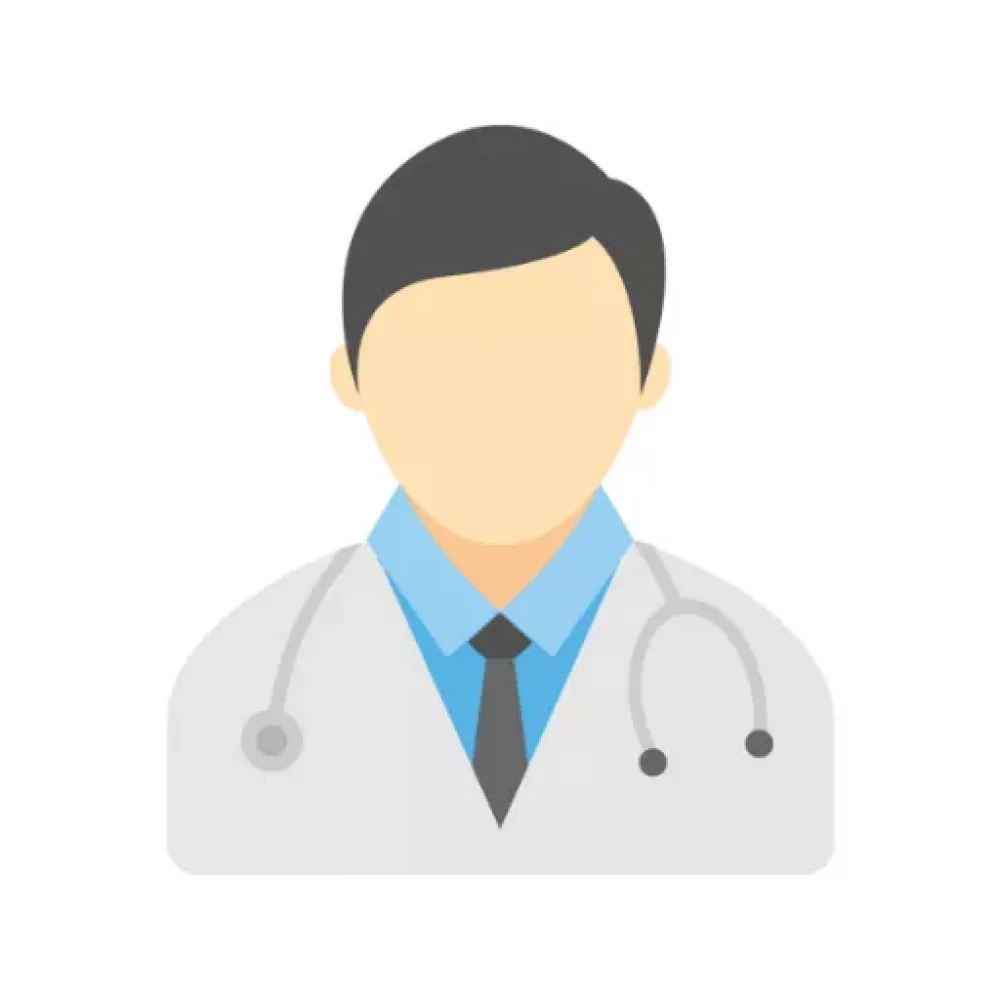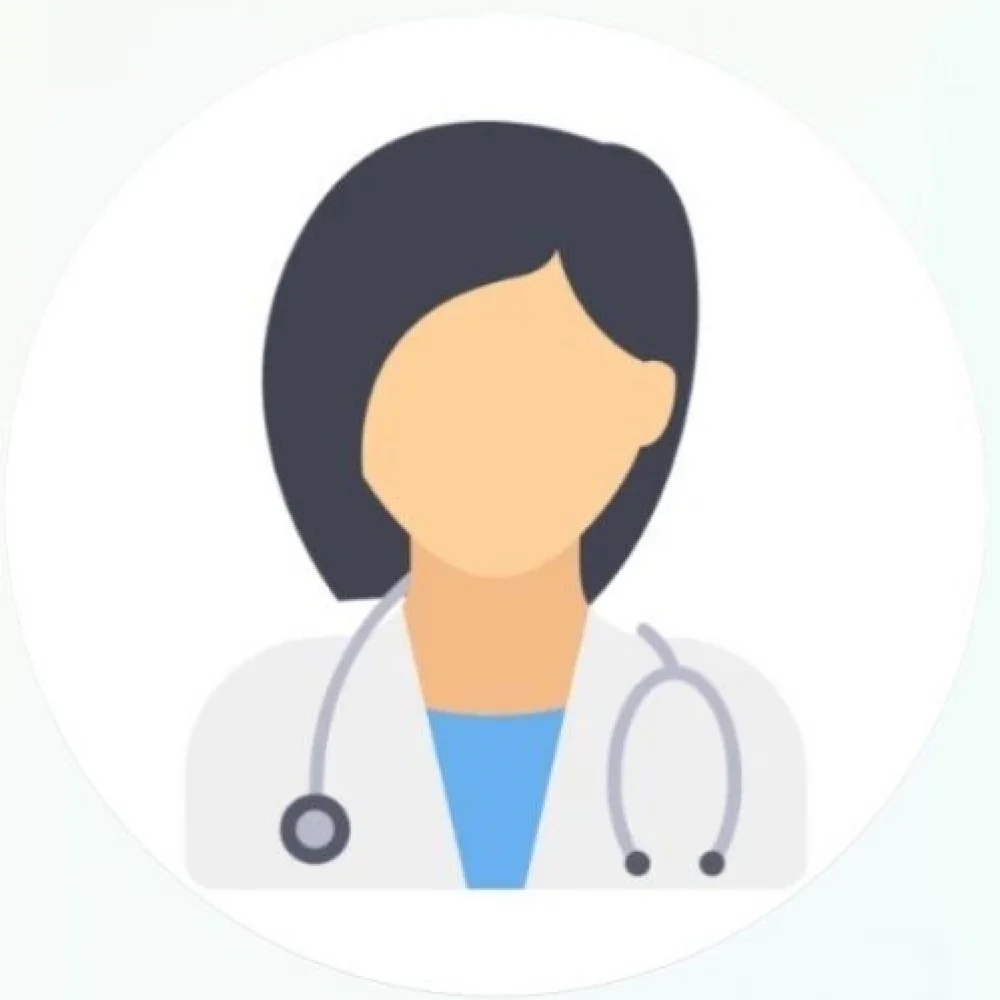Pulmonology is a specialized branch of medicine focused on the respiratory system, encompassing the lungs, airways, and associated structures. This field is essential in diagnosing, managing, and treating conditions like asthma, chronic obstructive pulmonary disease (COPD), pneumonia, and lung cancer. Given the rising prevalence of respiratory diseases due to pollution, smoking, and occupational hazards, pulmonology plays a crucial role in improving public health. According to global health organizations, respiratory diseases are among the leading causes of morbidity and mortality worldwide, emphasizing the need for early detection and effective treatment. Pulmonologists employ advanced diagnostic tools and therapies to enhance lung function and overall quality of life.
What is Pulmonology?
Pulmonology is a medical specialty dedicated to the prevention, diagnosis, and treatment of respiratory system disorders. Pulmonologists are trained to address diseases affecting the lungs and breathing pathways, working closely with other specialists to provide comprehensive care.
- Involves multiple therapeutic approaches: Treatment methods include medication therapy, oxygen supplementation, pulmonary rehabilitation programs, and lifestyle modifications tailored to individual patient needs.
- Focuses on various diseases: Covers conditions such as asthma, chronic obstructive pulmonary disease (COPD), tuberculosis, lung infections, interstitial lung diseases, and other pulmonary disorders that affect breathing and lung function.
- Utilizes advanced imaging techniques: Employs diagnostic tools like CT scans, X-rays, and MRI scans to detect lung abnormalities, airway obstructions, and tissue damage for precise medical assessment.
Signs and Symptoms of Respiratory Disorders
Respiratory diseases often manifest through distinct symptoms that should not be ignored. Early identification and intervention can prevent complications and improve prognosis. Paediatrics & Neonatologyplay a crucial role in diagnosing and managing respiratory conditions in children, including infants who may be more vulnerable to respiratory infections and complications.
Specialized care for young patients ensures timely treatment and prevents long-term health issues. Whether it’s a common cold, asthma, or more serious conditions like pneumonia, early care can significantly reduce the risks associated with respiratory diseases in children, leading to better health outcomes and overall well-being.
- Symptoms often worsen with: Long-term exposure to allergens, environmental pollutants, active or passive smoking, or bacterial and viral infections, requiring immediate medical evaluation and intervention.
- Common symptoms include: Persistent cough that lasts for weeks, frequent shortness of breath even during mild activities, wheezing or whistling sound while breathing, tightness in the chest, and ongoing fatigue that affects daily life.
- Severe cases may present with: Excessive and chronic mucus production, bluish lips or fingertips (cyanosis) indicating low oxygen levels, sudden unexplained weight loss, and frequent respiratory infections that do not improve with usual treatments.
Pulmonary Function Tests (PFTs)
Pulmonary function tests (PFTs) are essential in assessing lung performance and diagnosing respiratory conditions. These tests measure airflow, lung volume, and gas exchange efficiency.
- Lung volume testing: Examines the total air volume the lungs can hold, aiding in the diagnosis of restrictive lung diseases and assessing overall pulmonary function. the expertise of Top Pulmonology, patients receive accurate assessments and individualized care.
- Spirometry: Measures lung capacity by evaluating how much air a patient can inhale and exhale and at what speed, helping diagnose conditions like asthma and COPD.
- Peak flow measurement: Determines the severity of airway constriction and breathing difficulty, commonly used for monitoring asthma progression and treatment effectiveness.
Diagnosis of Pulmonary Conditions
Accurate diagnosis is the cornerstone of effective treatment. Pulmonologists use advanced diagnostic methods such as:
- Chest X-rays and CT Scans: Provide detailed imaging of lung structures.
- Bronchoscopy: Involves inserting a thin tube into the airways to examine and collect tissue samples.
- Polysomnography (Sleep Study): Diagnoses sleep apnea and other sleep-related breathing disorders.
- Biopsy and Molecular Testing: Detects lung cancer and genetic respiratory disorders.
- Allergy Testing: Helps in identifying triggers for allergic asthma and other respiratory conditions.
With access to Top Pulmonology, patients can receive timely and accurate diagnosis for various respiratory conditions.
Pulmonology Treatments
Effective management of pulmonary diseases requires a combination of medical, therapeutic, and lifestyle interventions. Common treatments include:
- Medications: Inhalers, bronchodilators, corticosteroids, and antibiotics for infection control.
- Oxygen Therapy: Helps patients with low blood oxygen levels.
- Pulmonary Rehabilitation: A structured program including exercise, breathing techniques, and education.
- Surgical Interventions: Procedures such as lung transplantation, lobectomy, and pleurodesis for severe lung conditions.
- Immunotherapy: Used for allergic respiratory diseases and asthma.
- Lifestyle Modifications: Smoking cessation, dietary changes, and air quality management for better lung health.
Conclusion
Pulmonology is a vital medical specialty dedicated to ensuring optimal respiratory health through early diagnosis and advanced treatment options. Given the increasing incidence of lung diseases, timely medical attention and lifestyle modifications play a crucial role in disease prevention and management. At Prime Indian Hospital, a team of experienced pulmonologists offers state-of-the-art diagnostic and therapeutic solutions to enhance patient well-being. Prioritizing lung health through regular check-ups and preventive care can significantly improve quality of life and reduce complications associated with respiratory disorders. By seeking expert medical guidance and adopting a proactive approach to respiratory care, individuals can maintain better lung health and overall well-being throughout their lives.














